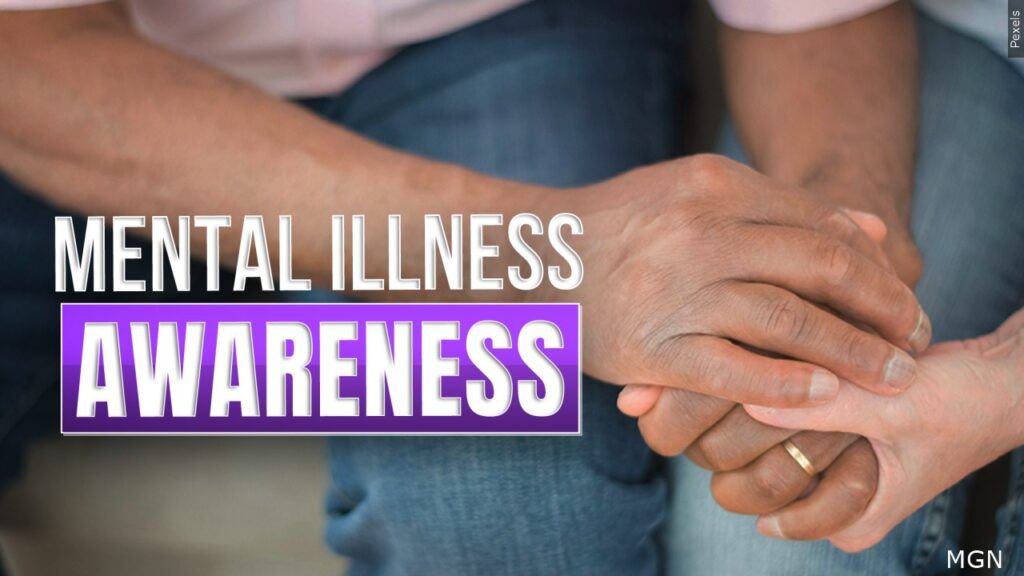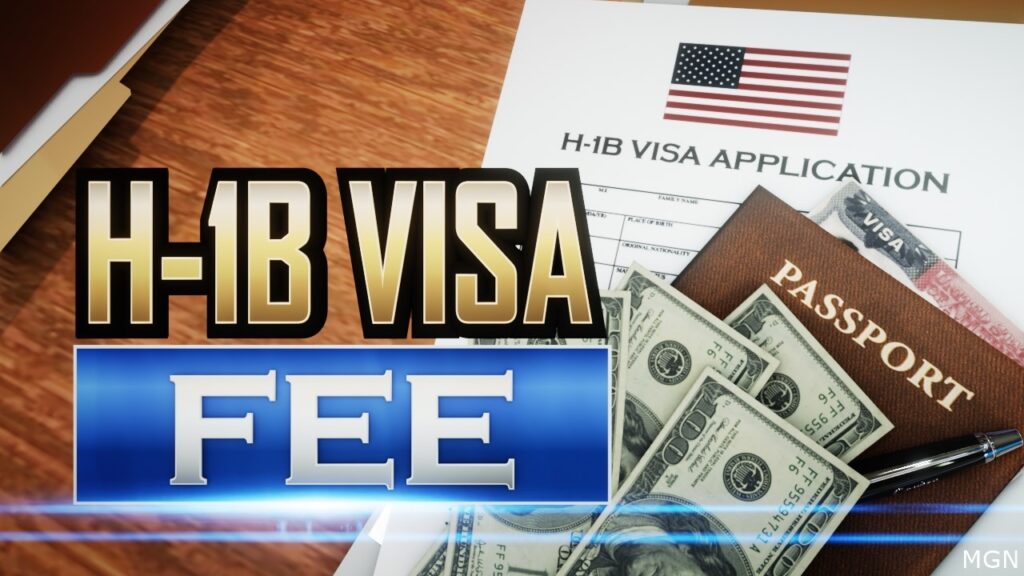Practically living through our computer screens and educating ourselves through Zoom meetings, the increasing demand for consuming digital media has created an influx of unpaid internship opportunities in the journalism world. Internships play a pivotal role in the futures of students pursuing a career in the media industry. Battling the economic hardships of attending a university that brings an immense amount of debt compiled with the pressures of a pandemic, students of color especially cannot subsidize free work.
For students like fourth-year broadcast journalism scholar Ariyon Dailey, unpaid internships are not an option.
“A lot of times these internships ask for a lot of you and don’t pay you. These are companies that are worth millions of dollars. That’s why I don’t take unpaid internships because you have enough money to pay me,” Daley said. “Companies try to do unpaid internships and they just want to take advantage of students and their free labor. They think their name is enough to carry them across and it’s not because this is how I live, eat and survive.”
It is no question that students gain various essential skills from unpaid internships needed to perform well in their field as employers prefer internships on a resume of their applicants. Nonetheless, free labor in exchange for college credit — oftentimes without a referral to future employers — is the only thing students walk away with after partaking in these types of internships. Eight percent of engineering, computer science and accounting firms offer internships that are paid, yet only 60 percent of general business and communications offer paid internships. Larger media industries often limit the amount of paid internship spots available, adding on to the long list of disadvantages for low-income students of color.
Mia Uzzell is a first-generation, second-year broadcast journalism scholar whose mother single-handedly pays for her schooling here at Florida A&M University. Uzzell shares that she understands the long history of how unpaid internships are the way of “paying dues” to gain access to the journalism world, but they lack an ethical relationship between students of color who do not have an equal opportunity.
“As someone that comes from a marginalized community, being that I’m African American, oftentimes that is not feasible for me. I’m a first-generation student and I want to get into journalism, but a lot of these places are very elitist,” Uzzell said. “This past summer I’ve had an unpaid internship and the issue was getting my mom to understand that ‘Hey, I’m doing this so I can get my foot in the door, but I also understand that I need to be helping you so I can sustain myself without needing any of your funds.'”
Between 500,000 and one million Americans intern for free every year and this includes half of all graduating college seniors. Aiyana Ishmael, a fourth-year broadcast journalism scholar, believes students can not properly fulfill their financial and everyday needs in today’s times.
“You lose a large group of maybe extremely talented and amazing students that would be perfect for the role, but they can’t take it because there are no financial benefits to the internship program,” Ishmael said. “Unpaid internships definitely reinforce elitism because they select a group of students in and a large group of students out. If they’re not getting the same kind of experience that someone that’s wealthier would be able to get that pushes them further away from their career goals because they’re not getting the experience they need to be successful,”
Students are expected to take on unpaid internships as a part of an educational experience, but are still limited and have various disadvantages when wanting to pursue their careers. Unpaid internships are blinded to the exclusion of minorities and those with little income — pushing them to the margins and ultimately reinforcing elitist ideologies. Unpaid internships are built on foundations favoring more affluent students who can financially afford to pay tuition and cover the extra expenses that may come along with an internship and ultimately showcases the lack of equal opportunities in the internship world.













